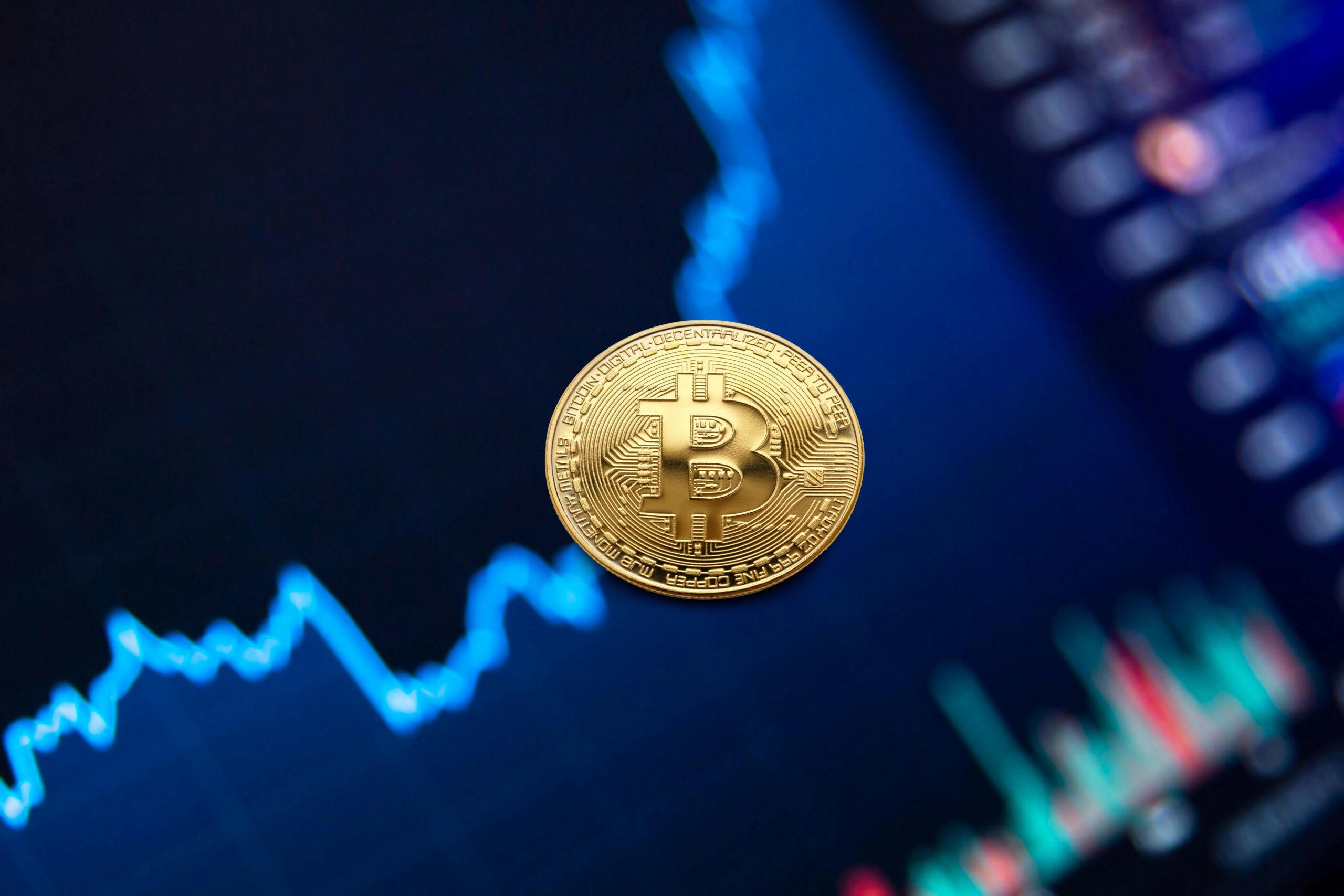Cryptocurrency exchanges are the gateways between traditional finance and the digital asset world. Whether you’re just starting your crypto journey or looking to diversify your trading options, understanding how these platforms work is essential. Let’s dive into everything you need to know about crypto exchanges.
What Are Cryptocurrency Exchanges?
Cryptocurrency exchanges are digital platforms where you can buy, sell, and trade cryptocurrencies. Think of them as the crypto equivalent of stock exchanges – they provide the infrastructure needed to match buyers with sellers and facilitate secure transactions.
Types of Cryptocurrency Exchanges
1. Centralized Exchanges (CEX)
Popular platforms like Coinbase, Binance, and Kraken fall into this category. These exchanges:
- Are operated by companies that act as intermediaries
- Require KYC (Know Your Customer) verification
- Offer high liquidity and user-friendly interfaces
- Provide customer support and insurance on deposits
- Control users’ private keys and funds
2. Decentralized Exchanges (DEX)
Platforms like Uniswap and SushiSwap operate without intermediaries. They:
- Run on smart contracts
- Don’t require KYC verification
- Give users full control of their funds
- Offer direct peer-to-peer trading
- May have lower liquidity for some trading pairs
Popular Cryptocurrency Exchanges
Coinbase
- Best for: Beginners
- Pros:
- User-friendly interface
- Strong security measures
- Educational resources and earn programs
- Regulated in many jurisdictions
- Cons:
- Higher fees compared to competitors
- Limited altcoin selection
Binance
- Best for: Experienced traders
- Pros:
- Largest trading volume globally
- Wide variety of cryptocurrencies
- Lower trading fees
- Advanced trading features
- Cons:
- Complex interface for beginners
- Regulatory challenges in some countries
Kraken
- Best for: Security-conscious users
- Pros:
- Strong security track record
- Professional trading tools
- Excellent customer support
- Regulated platform
- Cons:
- Limited payment methods
- Higher fees for instant purchases
How to Choose the Right Exchange
1. Security Considerations
- Look for exchanges with:
- Two-factor authentication (2FA)
- Cold storage for majority of assets
- Regular security audits
- Insurance coverage
- Regulatory compliance
2. Features to Evaluate
- Trading pairs available
- Payment methods supported
- Fee structure
- User interface
- Customer support quality
- Geographic availability
- Mobile app functionality
3. Trading Fees
Most exchanges charge fees for:
- Deposits and withdrawals
- Trading (maker/taker fees)
- Currency conversion
- Additional services
Best Practices for Using Crypto Exchanges
1. Security Tips
- Enable all available security features
- Use a strong, unique password
- Never share authentication codes
- Consider using a hardware wallet for long-term storage
- Regularly monitor account activity
2. Trading Tips
- Start with small amounts
- Understand the order types
- Keep records for tax purposes
- Don’t leave large amounts on exchanges
- Research before trading new coins
Common Pitfalls to Avoid
- Not Researching the Exchange
- Verify the exchange’s reputation
- Check regulatory status
- Read user reviews and experiences
- Ignoring Security Measures
- Skipping 2FA setup
- Using weak passwords
- Storing large amounts on exchanges
- Overlooking Fees
- Not comparing fee structures
- Ignoring withdrawal fees
- Missing volume discount opportunities
The Future of Crypto Exchanges
The cryptocurrency exchange landscape continues to evolve with:
- Increased regulation and compliance
- Integration of DeFi features
- Enhanced security measures
- Improved user experience
- Expansion of services beyond trading
Conclusion
Choosing the right cryptocurrency exchange is crucial for your crypto journey. While centralized exchanges offer convenience and security for beginners, more experienced users might prefer the autonomy of decentralized platforms. Remember to prioritize security, understand the fee structure, and choose an exchange that aligns with your trading goals and experience level.
Note: This article is for informational purposes only and should not be considered financial advice. Always conduct your own research and consider consulting with a financial advisor before making investment decisions.
Last updated: November 2024



